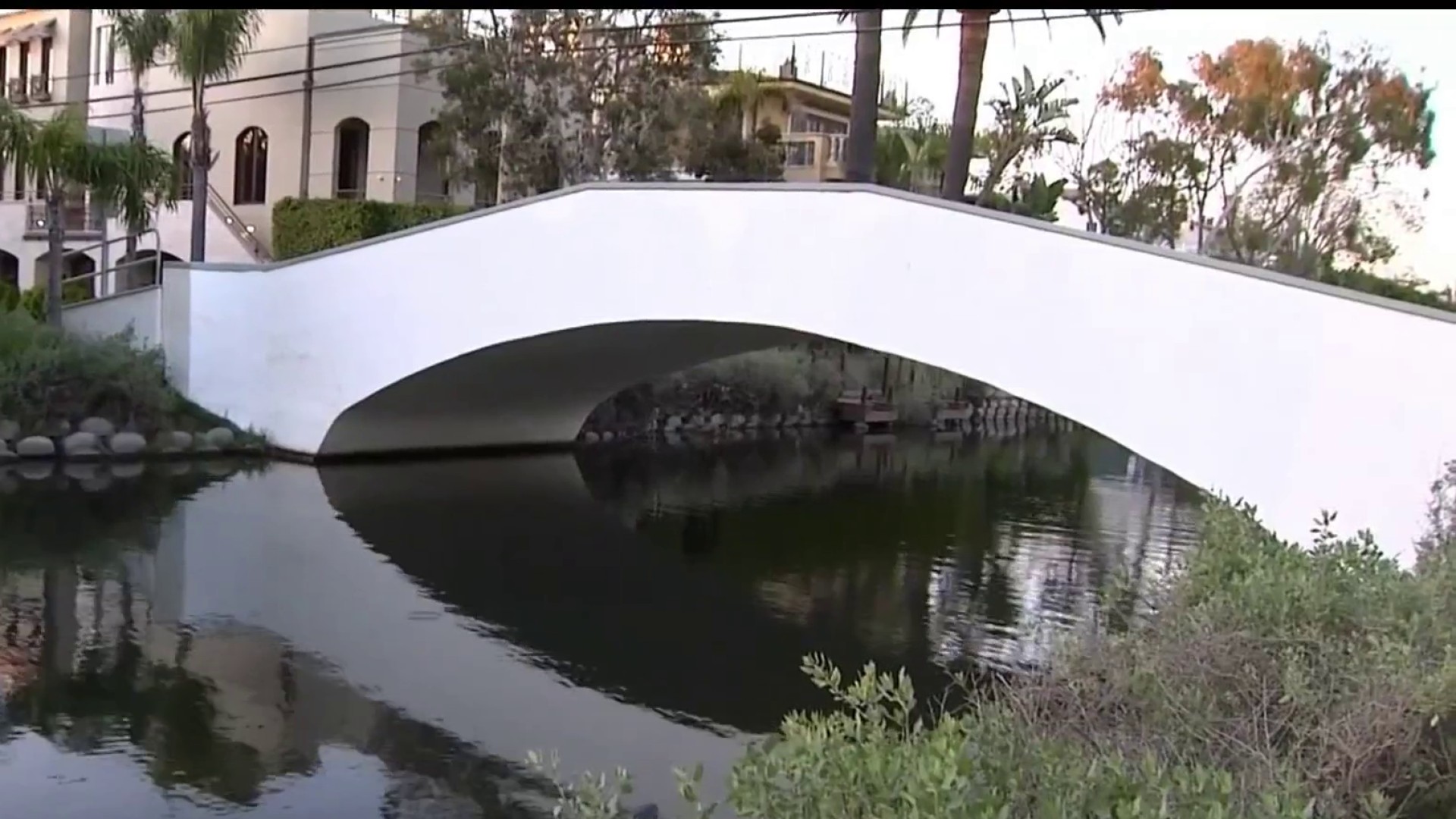Led Zeppelin guitarist Jimmy Page returned to the witness stand Thursday to continue his testimony in a lawsuit that claims his band stole the guitar intro to its legendary rock anthem "Stairway to Heaven" from the long-defunct group Spirit.
Lawyers representing the trust of Spirit's late guitarist-songwriter Randy Craig Wolfe, known as Randy California, contend that Page and Zeppelin's singer-lyricist Robert Plant swiped the descending guitar arpeggio opening of 1971's "Stairway" from Spirit's 1968 album track "Taurus."
White hair tied back and sporting a tailored black suit, the 72-year-old was an affable presence in the austere courtroom. Page testified that he only recently heard the obscure 1968 instrumental and first knowingly heard the track "Taurus" a few years ago.
Page, who spent about 90 minutes on the stand Wednesday before continuing his testimony Thursday, told the eight-member civil jury that he enjoyed and owned several of Spirit's later albums. He said he only learned about an Internet-based fuss concerning the two songs when his son-in-law told him about it.
His daughter's husband then played an Internet posting in which the tracks were compared side by side.
"I knew I'd never heard it before," Page said of Wolfe's classically inspired guitar instrumental. The concept of comparing the two songs, Page testified, "was just totally alien to me."
The guitarist said that after hearing the comparison, he looked through his 4,329 vinyl albums to see if he actually owned Spirit's debut album. Page told the panel that although he did find a copy of the Los Angeles band's eponymous first album in his collection, he has no recollection of actually listening to it or buying it.
Local
Get Los Angeles's latest local news on crime, entertainment, weather, schools, COVID, cost of living and more. Here's your go-to source for today's LA news.
Responding to repeated plaintiff questioning about the exact number of times he listened to Spirit's other albums four decades ago, an exasperated Page drew laughs when he said, "Let's say eight times."
As for plaintiff's attorney Francis Malofiy's allegations that Page heard Wolfe perform "Taurus" during the handful of dates Led Zeppelin shared with Spirit in 1968 and 1969, Page said he could not recall ever having seen a Spirit performance or having met any of its members backstage.
At stake in the closely watched lawsuit for alleged copyright infringement are millions of dollars in past and future "Stairway" royalties. Some reports estimate the song has earned more than $500 million.
The lawsuit was lodged in 2014, more than 40 years after "Stairway" was released, due to a change in copyright law that allows for such complaints to be filed when infringement is alleged to have taken place in the three previous years.
The jury will have to decide whether there are any substantial similarities between the "Taurus" deposit copy -- or sheet music -- and the first two and a half minutes of the copyrighted recording of "Stairway."
The Wolfe trust contends that Page first heard key musical elements later used in "Stairway" when Spirit performed "Taurus" when the band shared the bill with Zeppelin on the British band's first United States date, in Denver in 1968, and at three pop festivals the following year.
However, in his opening statement Tuesday, defense attorney Peter Anderson told jurors that "Stairway to Heaven" had been composed by Page and Plant, "and them alone, period."
The attorney said that although Page owned the 1968 album that contained the instrumental at the center of the case, "there's no evidence that because he has an album now, it doesn't mean he had it 45 years ago."
In an unusual argument, Anderson said that whatever similarities might be perceived in the two pieces were actually "basic commonplace musical devices" -- or cliches.



